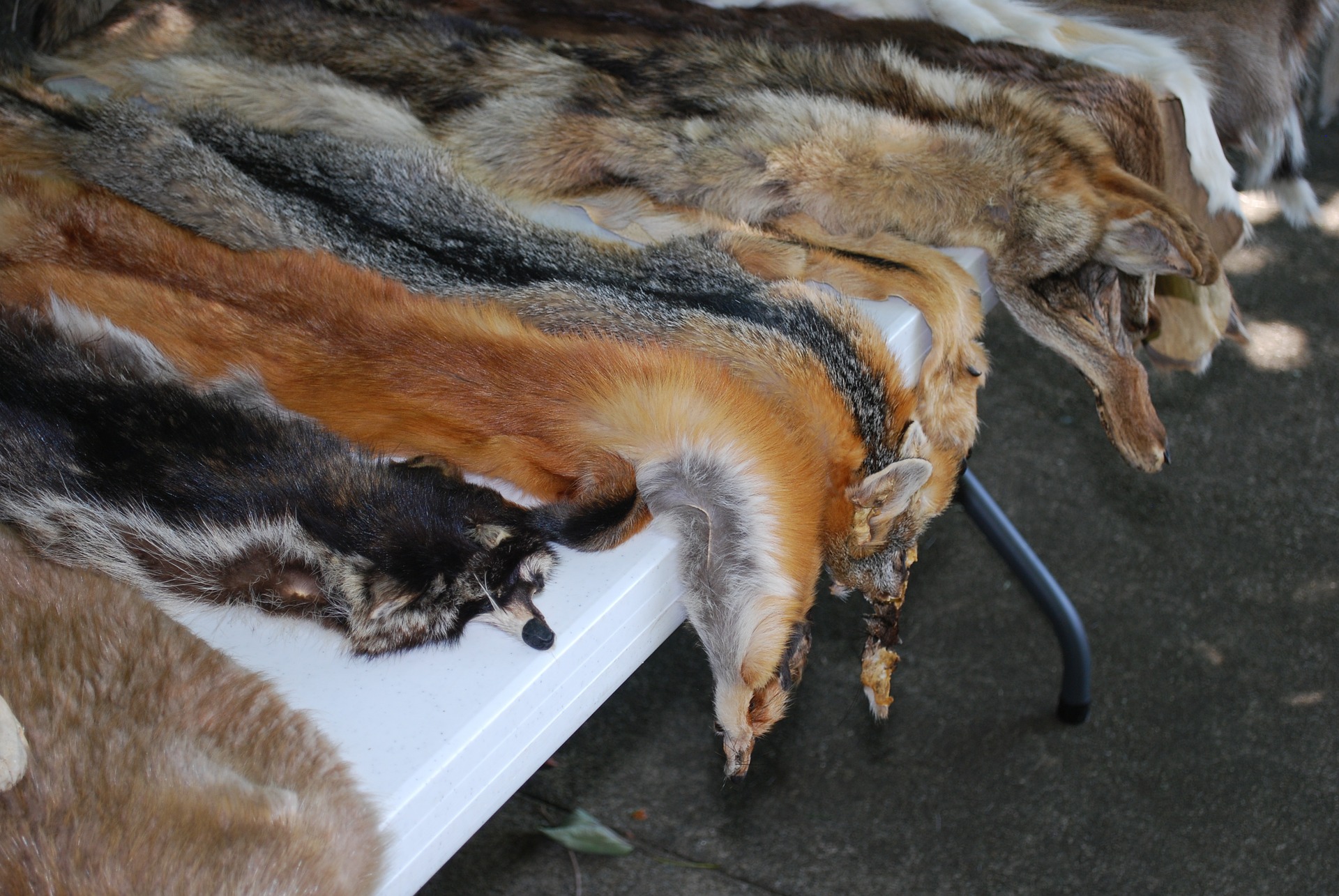Luxury department store Selfridges has announced that they will put an end to the sale of exotic animal skins, following their ban on the sale of fur in 2005. What does this actually say to us about the businesses we buy from and their social responsibilities?
From the outset, it might look like Selfridges is a shining example for other businesses. After all, over the past decade, people have increasingly emphasised the social responsibilities corporations have to animals, the environment and the impoverished. But to me, this only serves to confirm what I already believe – that a business makes an ethical decision for profit and that it’s our responsibility as consumers to make sure they do so.
Businesses work based on a series of promises: the most obvious being that a consumer will exchange money for goods and services and the promise between owners and shareholders for an increased profit in exchange for investment. Often, social responsibility isn’t factored into the decision making at big corporations. This, to me, is with good reason – corporations are not people.
However, there are people behind these decisions, people with bottom lines to worry about and pesky promises to keep, promises that maintain the entire structure of the economy. Sure, Selfridges is a great example, but not of how a corporation ‘ought’ to behave. It’s an example of how other business owners can hope to achieve higher profits, and more importantly, how we, as consumers, can get a business to behave more ethically.
I would bet a reasonable amount of my student loan that no CEO of Selfridges is waking up in the middle of the night cold and sweaty because they’re worried about the crocodiles being used to make handbags. Banning the sale of exotic animal skins is just a savvy business strategy with the same amount of social justice crusading as trying to get bigger tax breaks.
But to me this is one of the wonderful things about the relatively free market under which we live. Normal consumers on the high street have an enormous amount of power over the different businesses vying for their cash. Most of us walk around in a sort of dormant haze, readily accepting business practises we find repugnant because “well corporations are just evil, aren’t they? Nothing we can do.”
Well no. We aren’t in a kid’s film from the eighties, business owners aren’t one dimensional villains rubbing their hands greedily as they watch a rainforest get bulldozed. And there isn’t nothing that we can do. Far from it. We can boycott, take to social media, destroy reputations and give other, more ethical, companies our support.
We do it every day without thinking twice when a business does something trivial we don’t like. Many of us know a person who refuses to use one car insurance company or another because of their dreaded adverts, or a friend on social media warning us about why a chain should be avoided due to the smallest perceived slight from a shop assistant. We have so much influence that it made national news when the Cream Egg recipe changed because of how many thousands of us swore them off. Why not direct some of that brilliant righteous indignation to major social issues?
To me, the act of a purchase is a strong as a vote; you buy from who you like, avoid who you don’t, and these respective companies face the realities of their profits. Selfridges hasn’t banned the sale of exotic animal skins because it, as a sentient entity, wants to. It’s done it because, as consumers, we have become more ethically aware and we have begun to vote against the devastation of our world and the higher-ups in their ivory towers know that. Ethical behaviour has become profitable.
So, to be honest, do I think there’s a role for business in animal rights? Yes. The role to increase profits by doing what we want. But this can only work if we pay attention and use our free market vote effectively.

